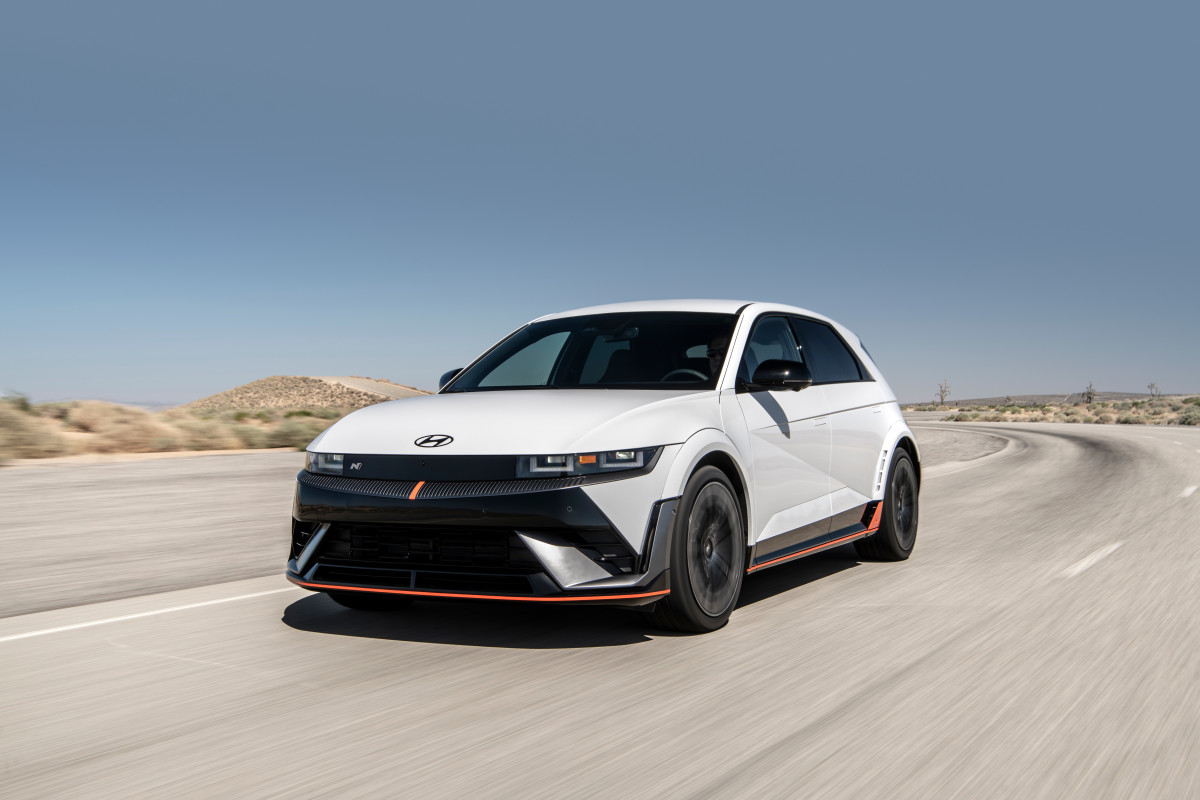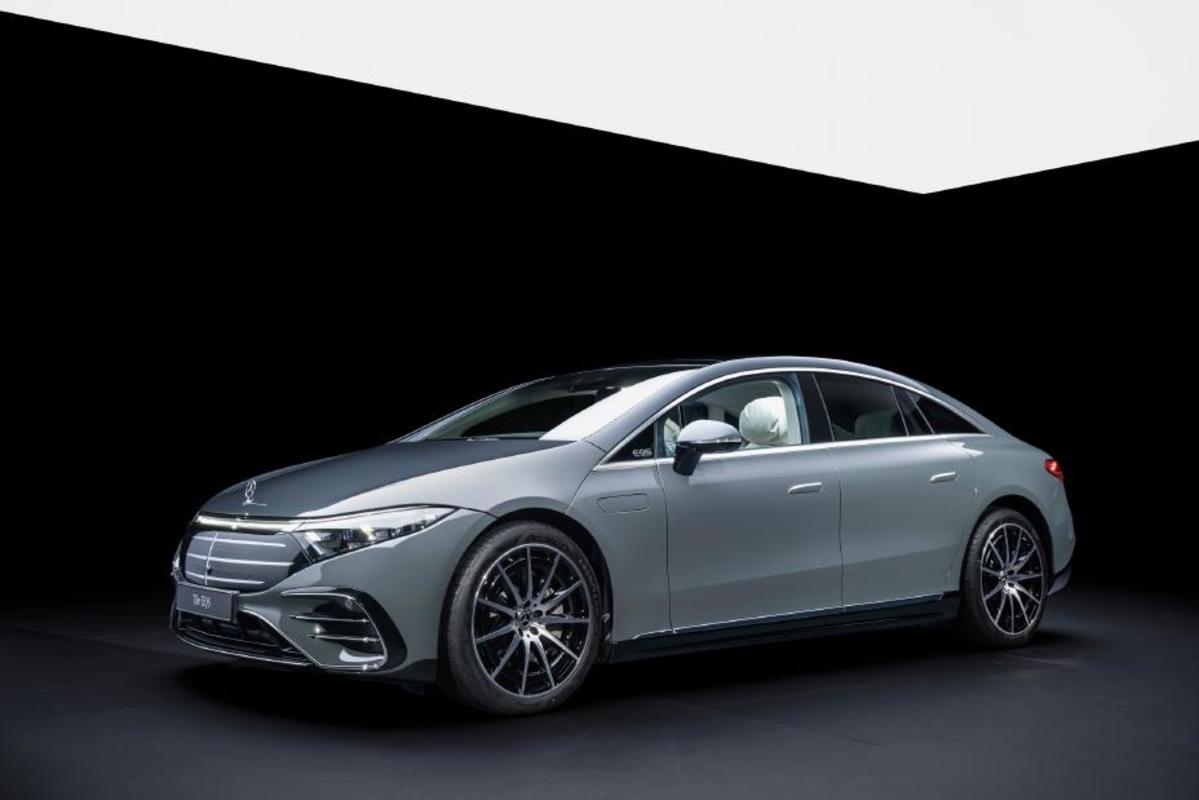People are still interested in EVs, but affordability is a significant issue
A lot is made of the EV market slowing down, but a new study suggests that people are still interested in electrification and believe it’s the future of the auto industry. Although bullish on EVs, consumers also have concerns about infrastructure, EV performance and reliability, as well as usability. All told, the survey’s findings suggest that car buyers are turning the corner on being early adopters and want vehicles that have the same functionality and usability as their internal combustion engine (ICE) vehicles.
The survey, conducted by Big Village and commissioned by BMW, notes that almost all respondents—92 percent—feel that EVs need continuous innovation. This statistic supports the notion that consumers perceive EVs as unfinished products that require additional refinement before they’re ready to purchase. Although the infrastructure for hydrogen fuel cell vehicles fares far worse than that for EVs, the study also reveals that 58 percent of respondents are interested in that technology as well.

2025 Hyundai
Most people feel EVs are going mainstream
The perception of EVs as cutting-edge is fading. Only 62 percent of respondents consider EV buyers “early adopters,” a decrease of five percent from 2023. Unfortunately, EVs are still priced out of reach for many consumers, with 40 percent of respondents saying that high prices are the main reason they’ve not yet purchased an EV.
Sixty-six percent of people said they would consider a hybrid or plug-in hybrid over an EV. Over half (55 percent) of respondents say they plan to purchase an electric vehicle in the future, with almost 20 percent of this group (roughly 10 percent of overall respondents) claiming they plan to buy an EV within the next three to five years.
As EV pricing continues to match “normal” auto pricing, expect the number of people interested in EVs to increase. Pricing appears to be the major hurdle at this point, and automakers are shifting the focus from EVs being limited to the most premium options in the lineup.
Range and infrastructure are essential, but expectations are tempered
Infrastructure awareness is also on the rise. In 2023, only 40 percent of respondents claimed to know the location of their nearest electric vehicle (EV) charger. In 2025, that figure has risen by seven percent, suggesting an increased interest in EV infrastructure and potentially indicating that people are researching EV infrastructure before making a purchase.
Interestingly, despite the emphasis placed on EV range, consumers generally feel that 75 miles of range is adequate. Seventy-five percent of respondents say they feel comfortable with EVs that can get them up to 75 miles per day, with 50 miles of daily range being the most common figure cited as adequate by respondents. Buyers appear to be more concerned with daily commuting than taking road trips with their electric vehicles.

Mercedes-Benz
Final thoughts
Thirty percent of respondents say brand reputation is critical when considering an EV, suggesting that some brands with poor reputations in the ICE segment, such as Hyundai and Kia, have an opportunity to change buyer perception with a shift to electrification. Moreover, some brands that hold elite status in the ICE space may struggle with EV efforts and potentially damage the buyer perception of that nameplate.